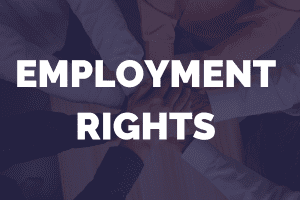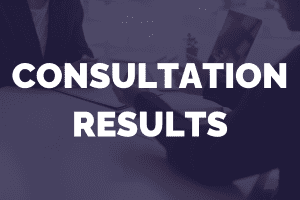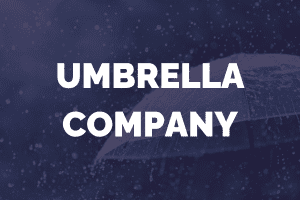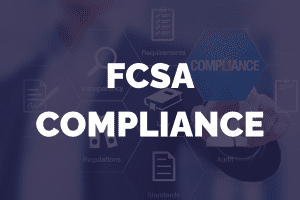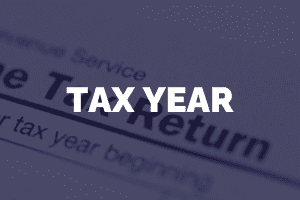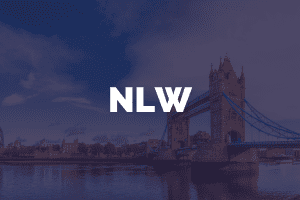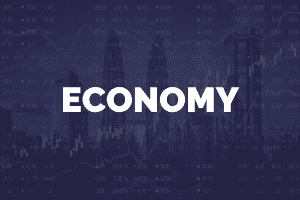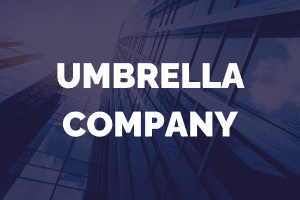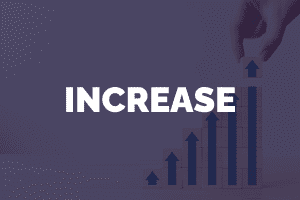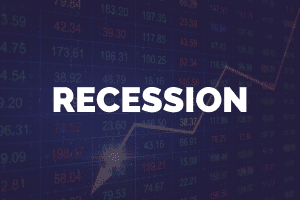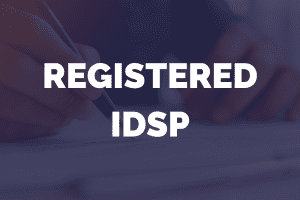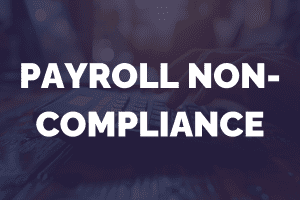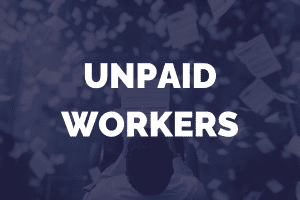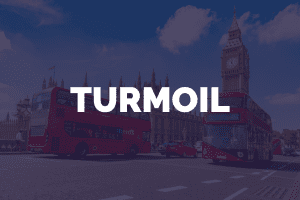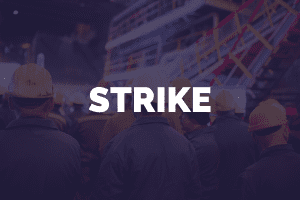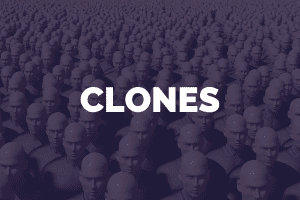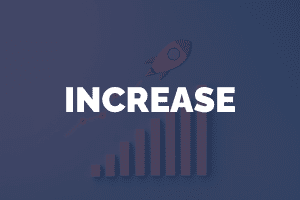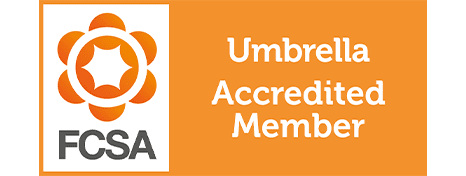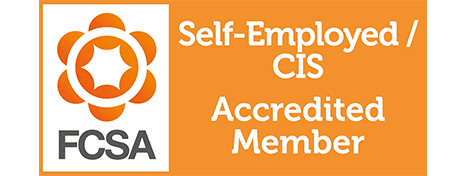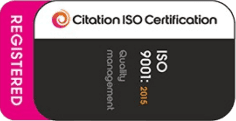The US election has dominated our newsfeeds in recent weeks, often pushing the latest about Covid from the top spot of most networks for the first time in weeks. But while the news of Joe Biden’s victory has been the main topic, the election results have generated a secondary conversation around the issue of diversity, with the news that Kamala Harris will be the first mixed race, and first female, US Vice President.
New president Biden is also pledging to create the most diverse cabinet in history, and, if he’s successful, the White House as a workplace will likely become a global model for DEI (Diversity, Equity and Inclusion).
DEI has been one of the top buzzwords of 2020, and is even more relevant at a time when the impact of the coronavirus pandemic is further widening the gap between the haves and have nots, accentuating inequality in all areas of life and in all countries around the world.
Diversity, Equality and Inclusion (DEI) initiatives and policies are designed to create and promote an inclusive workforce, providing equal opportunities for groups who are frequently underrepresented in the workplace.
Diversity refers to the range of people within your workforce; there should be a variety of people of different age, gender, ethnicity, religion or differently abled, who are all valued. Equality means providing equal opportunities and fairness to all groups. Inclusion means ensuring that all staff members feel safe and encouraged to work to their highest potential.
DEI helps to foster innovation and company growth, by encouraging ideas and opinions from a range of viewpoints. This also reduces costly staff turnover by promoting employee engagement and productivity, where workers feel able to make suggestions, contribute and express themselves.
Establishing DEI can also help you attract the top talent in the first place. A recent study found that 86% of job seekers say that workplace diversity is an important factor when job hunting. Applicants from Gen Z in particular are more likely to choose to work for a company with a good DEI policy in place, where they feel included and valued for all of their qualities.
DEI can help create a more successful business by fostering and improving connections with customers and clients who identify with all types of backgrounds.
It’s clear that there is a moral responsibility to ensure DEI, as well as it being crucial for employee wellbeing and company success, but as an employer, you also have a legal responsibility to advocate DEI in your organisation.
While an equal opportunities policy is not a legal requirement for UK businesses, it is considered good practice to have a strategy designed to uphold DEI in the workplace. And employers do have certain responsibilities concerning to DEI which must be upheld in order to prevent financial or legal consequences.
Employers have a duty to ensure that employees or potential employees are not discriminated against or harassed on the grounds of any characteristics that are protected under the Equalities Act. The protected characteristics are: age, disability, gender reassignment, marriage and civil partnership, pregnancy and maternity, race, religion or belief, sex and sexual orientation.
Employers must also make reasonable provision for all staff members to be able to carry out their work, both practically and logistically, for example by providing adequate disabled facilities or flexible working options. This duty is especially key during the current pandemic, when employees may need extra support in order to fulfil responsibilities outside the workplace.
A comprehensive DEI policy will help promote equality, diversity and inclusion across all areas of the business, from recruitment, through employment and in the event of termination of employment. The policy will also help you establish a productive and successful workforce while fulfilling your obligations and remaining compliant.
If any employee or candidate feels that they have been victim of discrimination, harassment or victimisation on the grounds of any of the protected characteristics, they can make a claim through an employment tribunal. If successful in their claim, there is no upper limit in the amount of compensation that they can be awarded, and claims can be made against individuals as well as the employer themselves.
You should frequently check to confirm that your DEI policy is being applied correctly. It is important to make candidates aware of the policy throughout the recruitment process, and then ask for feedback into how well it was implemented. You can also monitor existing employees through the use of anonymous and voluntary staff surveys, as well as exit interviews and questionnaires.
A quick note on unconscious bias. If any decision making, such as whether to hire or fire, or behaviour towards staff members is impacted by someone’s lived experiences, candidates or staff are likely to have grounds to begin a discrimination claim or go to an employee tribunal. In order to prevent unconscious bias, recruitment and working practices should be developed which ensure that all staff are aware of, and seek to avoid, unconscious bias.
At JMK we very much value diversity, but know that more can always be done.
We are always looking at ways to improve and, like the rest of the world, will be looking at all the changes across the Atlantic with interest.
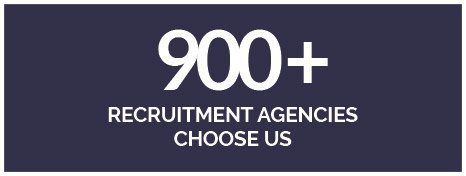
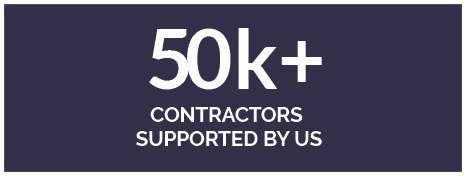
Since 2002, JMK have been compliantly consolidating back-office, accountancy and payroll functions.
We have evolved to provide a range of expert services; such as Professional Employer Organisation (PEO), or Back Office Support (BOS) or Funding, becoming a leading provider to the contracting industry.
We know every agency is different in some shape or form, even if only by a little, but important bit. Combining our knowledge and experience of multiple sectors enables JMK to support you all from recruiters and payroll, through to finance, compliance and management.
With JMK as your trusted partner, even the smallest team can process the largest payroll, regardless of payroll type.
Have a look at the wide range of services our Professional Employer Organisation (PEO) or Back Office Support (BOS) can provide to you and your business, it is far more than just payroll and finance.



